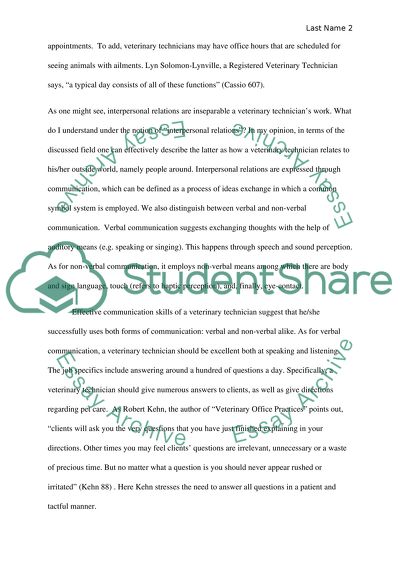Cite this document
(“Interpersonal Relations in Veterinary Technology Essay”, n.d.)
Retrieved from https://studentshare.org/psychology/1431729-interpersonal-relations-in-veterinary-technology
Retrieved from https://studentshare.org/psychology/1431729-interpersonal-relations-in-veterinary-technology
(Interpersonal Relations in Veterinary Technology Essay)
https://studentshare.org/psychology/1431729-interpersonal-relations-in-veterinary-technology.
https://studentshare.org/psychology/1431729-interpersonal-relations-in-veterinary-technology.
“Interpersonal Relations in Veterinary Technology Essay”, n.d. https://studentshare.org/psychology/1431729-interpersonal-relations-in-veterinary-technology.


